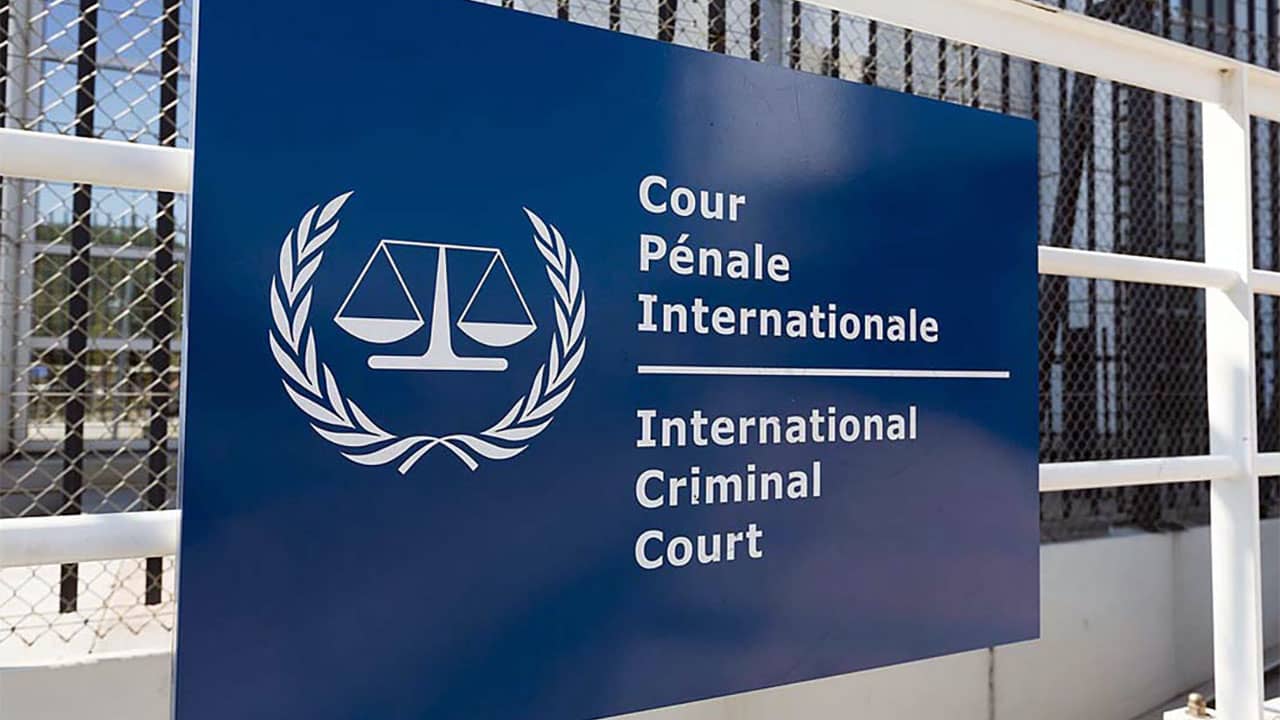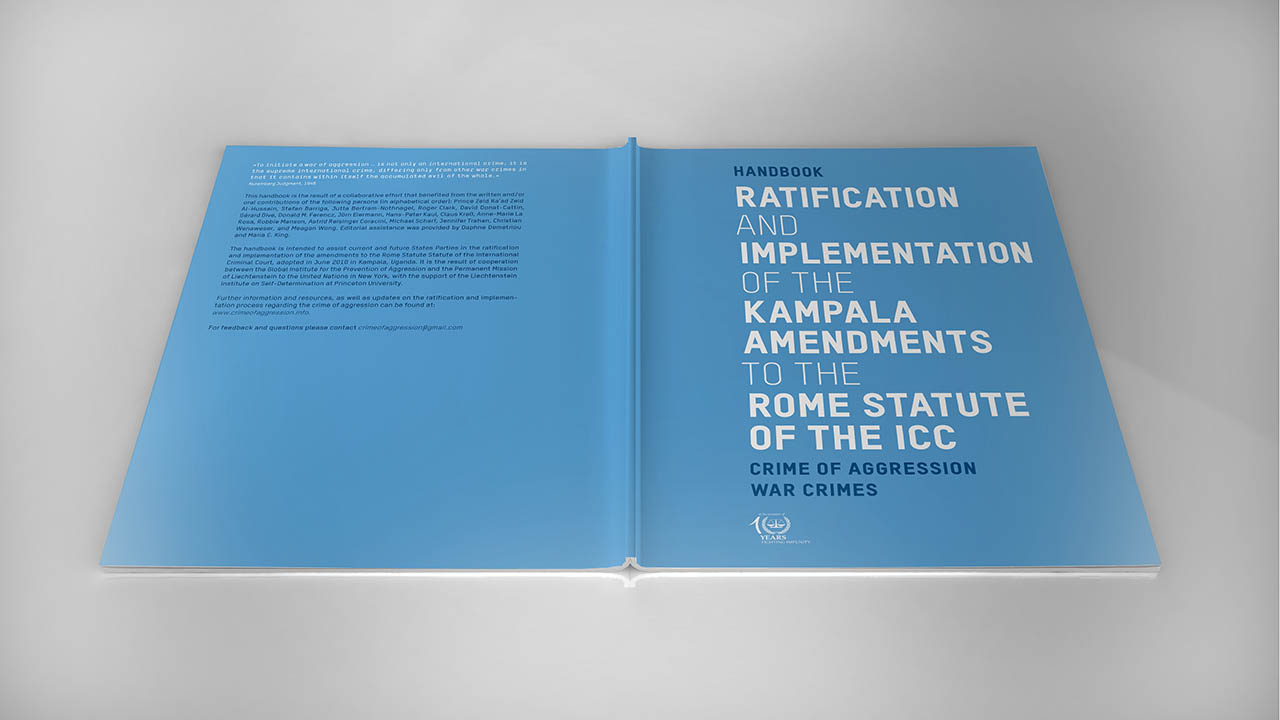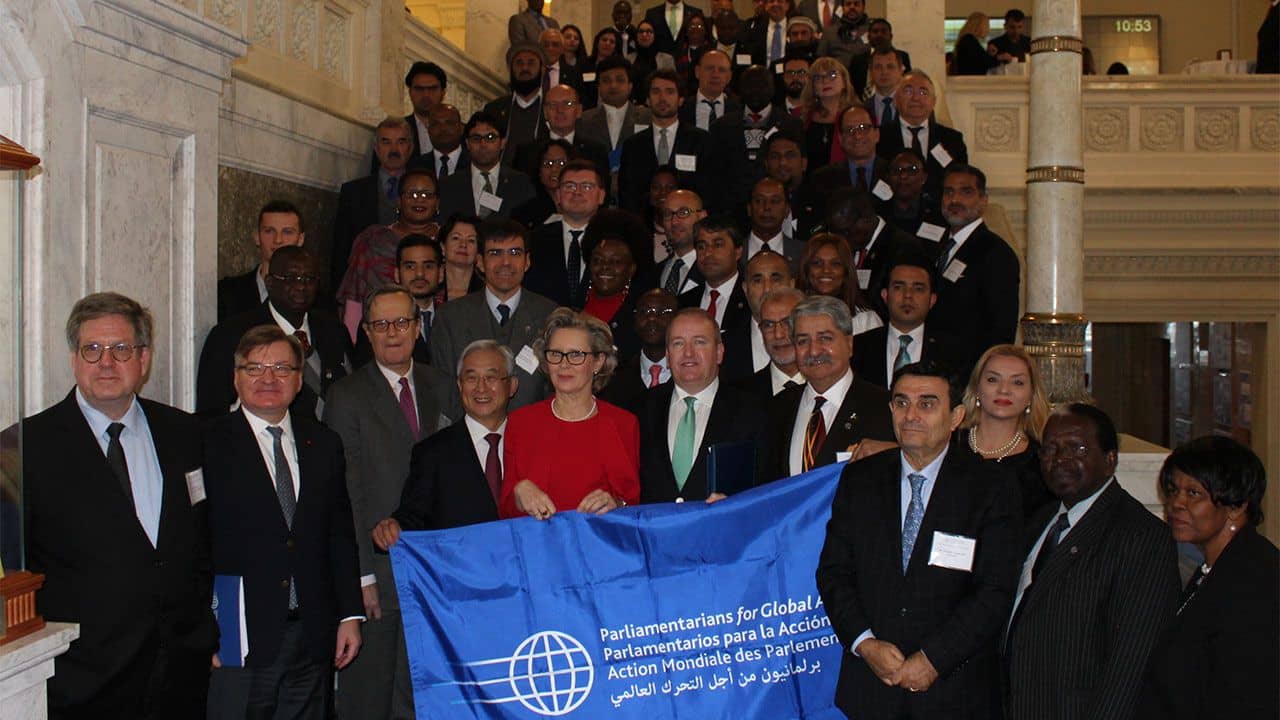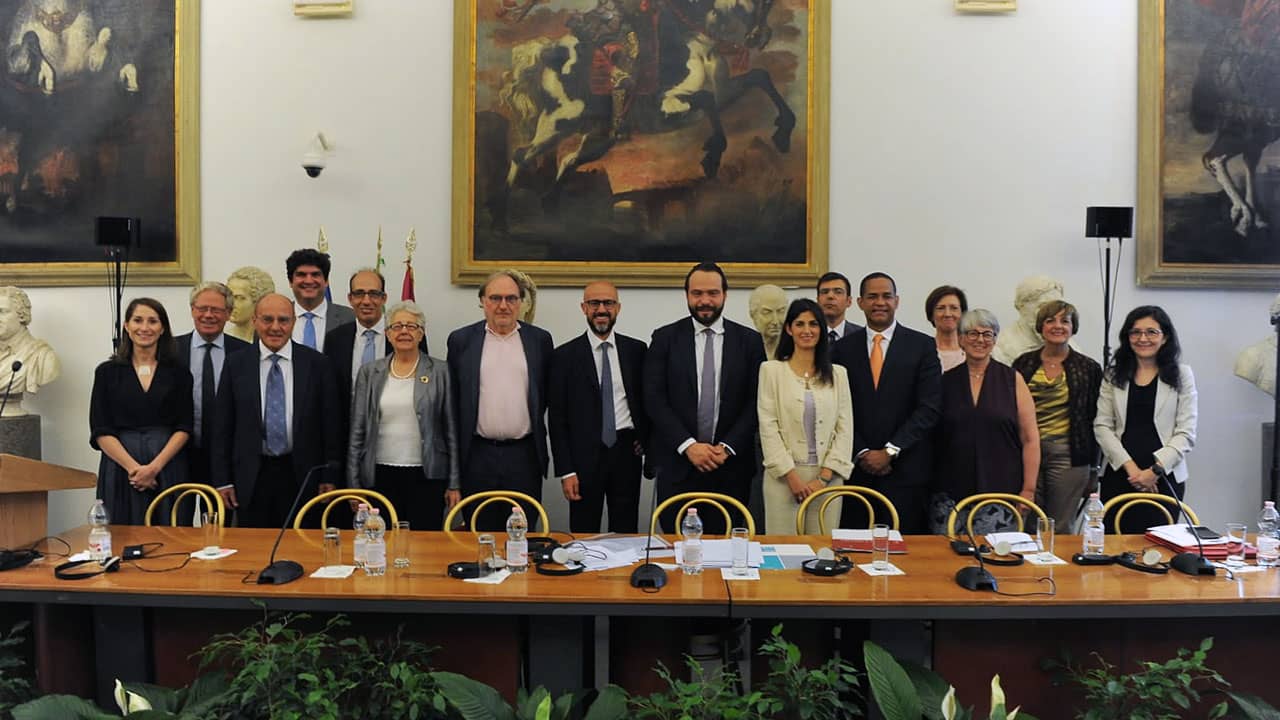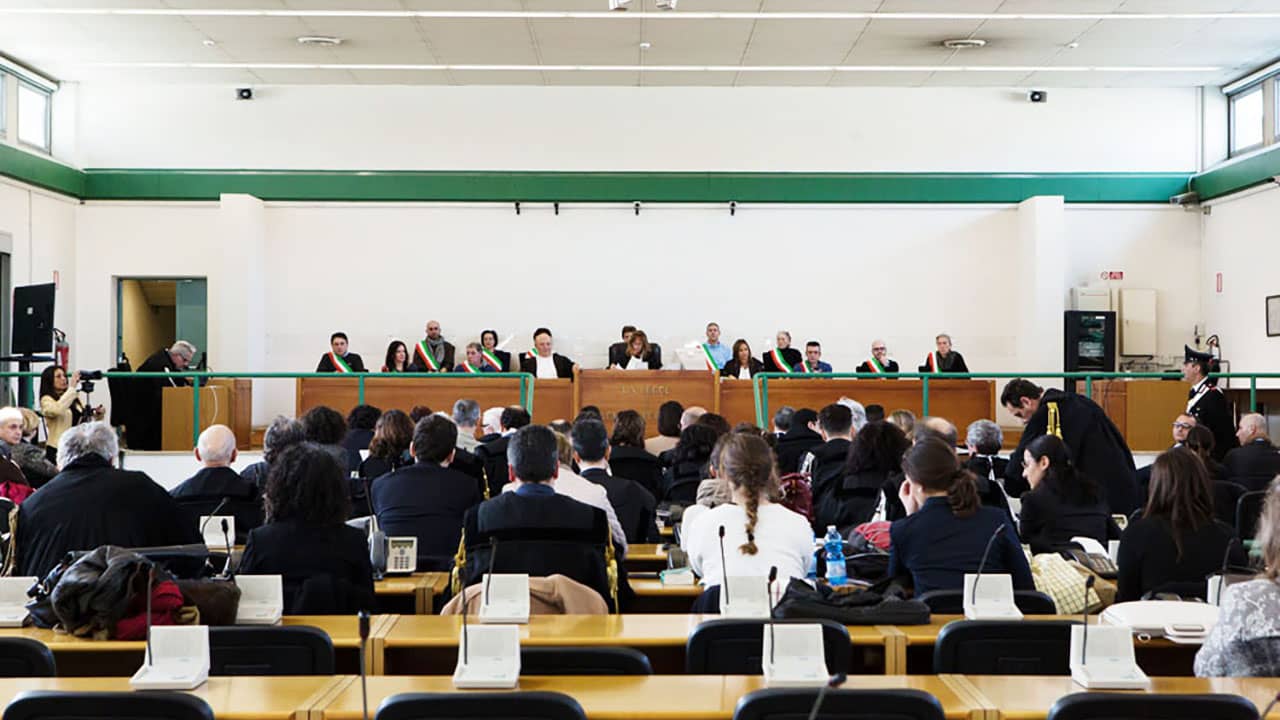Rome Statute
Italy signed on 18 July 1998 and ratified on 26 July 1999 (adoption of Law No. 232), becoming the 4th State Party to the Rome Statute of the International Criminal Court. Former PGA Member and Vice-President of the Senate Ersilia Salvato was the Rapporteur of the Ratification Bill.
As the host for the Rome Diplomatic Conference of Plenipotentiaries that gave birth to the ICC Statute, Italy played a key role in making the court a reality:
Ratification of the Agreements on Immunities and Privileges
Italy signed the APIC on 10 September 2002 and ratified on 20 November 2006.
Kampala Amendments of 2010
Italy is currently actively working on the ratification of the amendments on the crime of aggression. Parliament must consider and authorize ratification in accordance with the Constitution, but the Executive did not yet transmit to Parliament the amendments. Read more here.
Status on the domestic implementation of the Rome Statute
On 4 December 2012, the Lower House of the Italian Parliament adopted a comprehensive law on cooperation with the ICC, just a week ahead of PGA’s 7th CAP-ICC held in Parliament in Rome. PGA Members from majority and opposition, led by Lapo Pistelli and Federica Mogherini in the Chamber of Deputies and Emma Bonino in the Senate, played an essential role in steering multi-party support and in prioritizing the treatment of the legislation.
Italy must still incorporate crimes against humanity in national law, and include several types of war crimes in its outdated legislation, which is not satisfactorily aligned with the general principles of law contained in the Rome Statute.
In previous legislatures, Bill. No. 2724 entitled “Rules for the adaptation of the internal legal order to the Statute of the International Criminal Court” was introduced on May 2002 by Sen. Kessler and other Members of Parliament. This included a law on cooperation with the ICC and the substantial implementation of the Rome Statute (complementarity).
Two months later, on July 2002, a Senator from the opposition submitted Bill n. 1638 before the Senate on the same subject-matter.
Bills n. 6050 and n.3574 were further introduced before the Chamber and the Senate respectively. They both included provisions on substantive criminal law and on cooperation. All these proposals of law contained grosso modo the same elements included as in Governmental proposal(s) drafted by a Commission of Experts previously established by the Ministry of Justice. In 2004, the PGA Italy Group chaired by Alessandro Forlani convened a Round-Table in the Library of the Senate to create bi-partizan support for this implementing legislation, but pressures from the Defense Ministry led to the severance of the Cooperation Bill from the ICC Implementing Legislation one.
Additional Agreements
Italy has not signed a Bilateral Immunity Agreement.
Progress and PGA Action
PGA held its 7th Consultative Assembly of Parliamentarians for the ICC and the Rule of Law in Italy. For more information click here.
The PGA Italy National Group has taken numerous actions to promote the ratification and implementation of the RS (see above).

